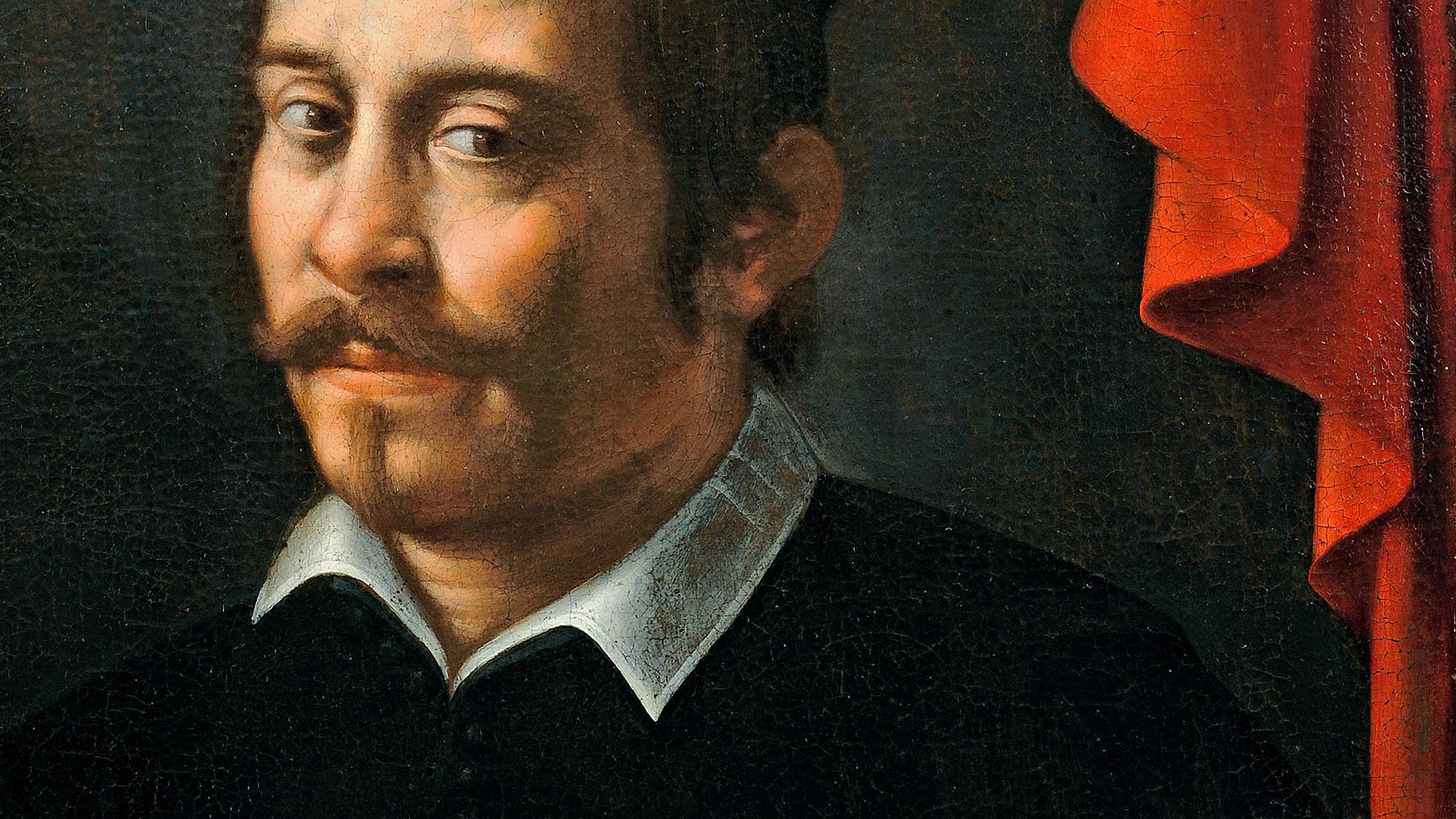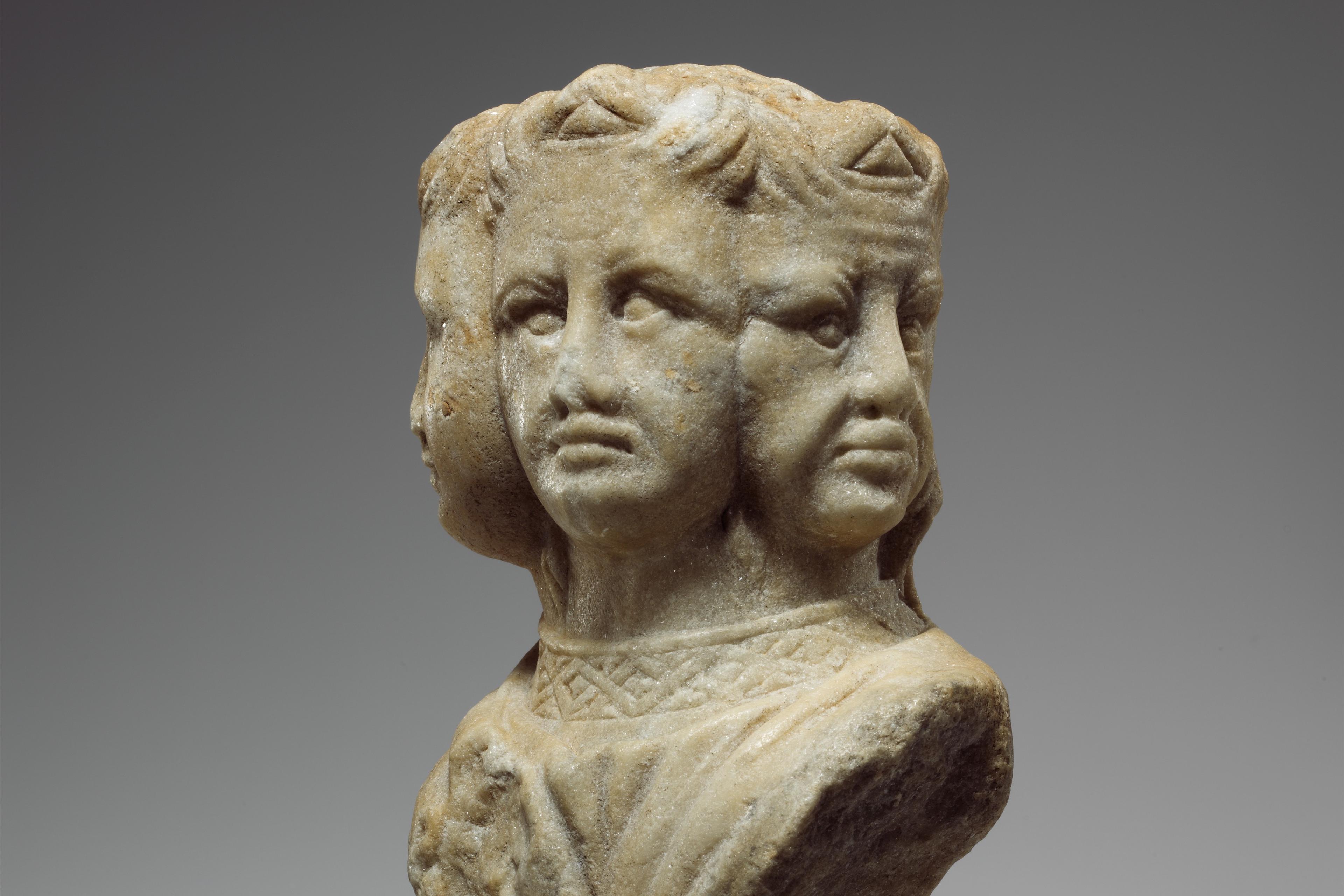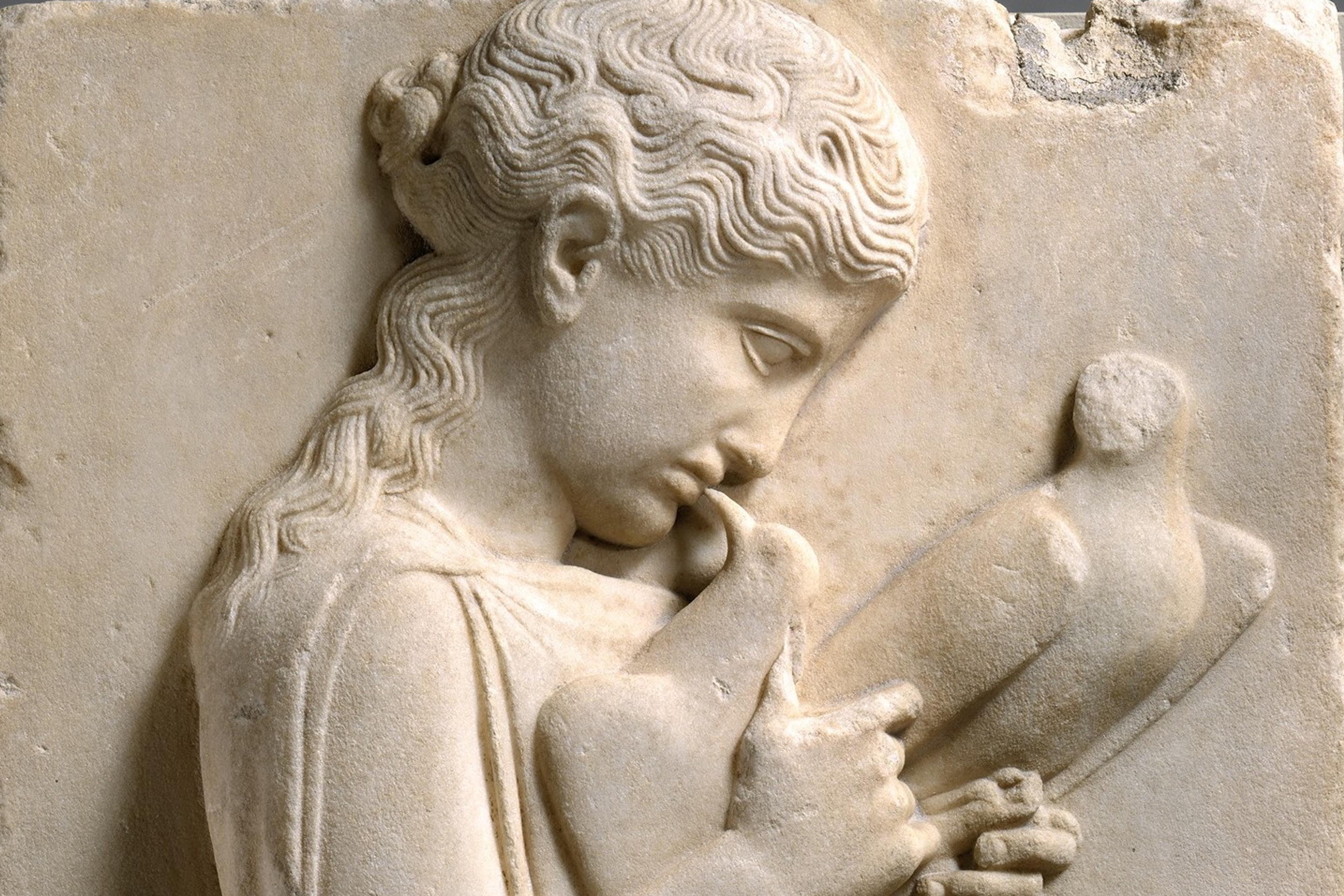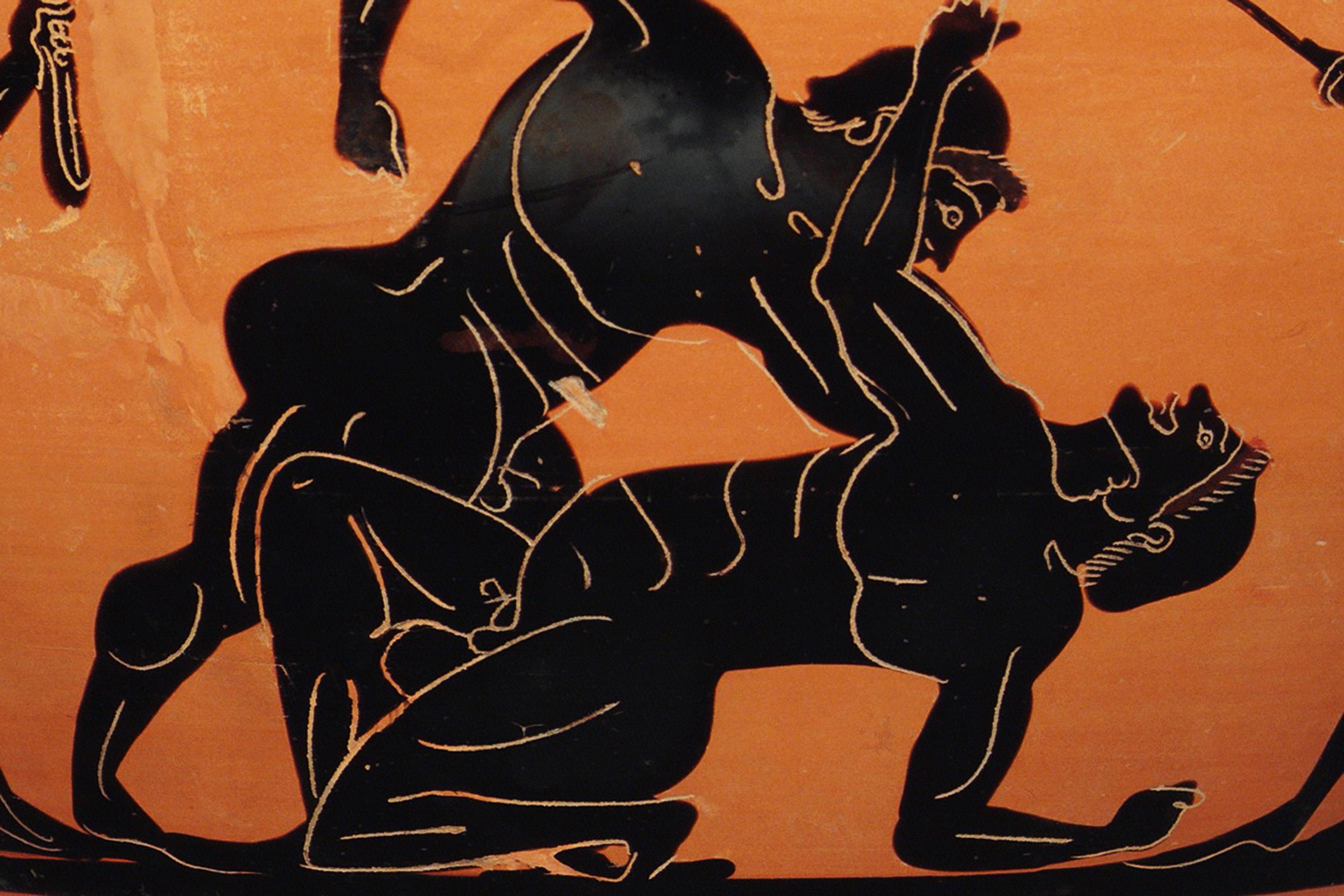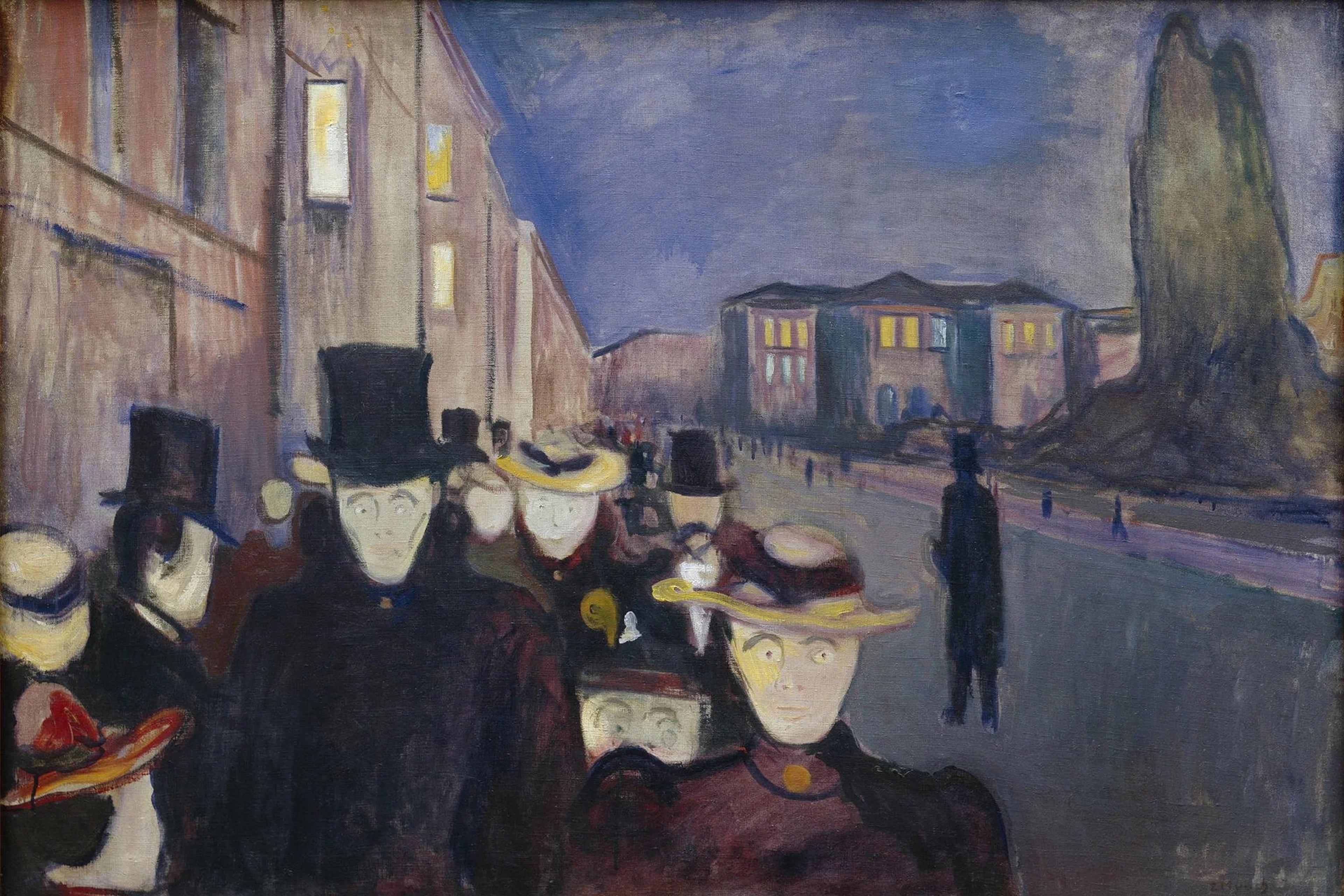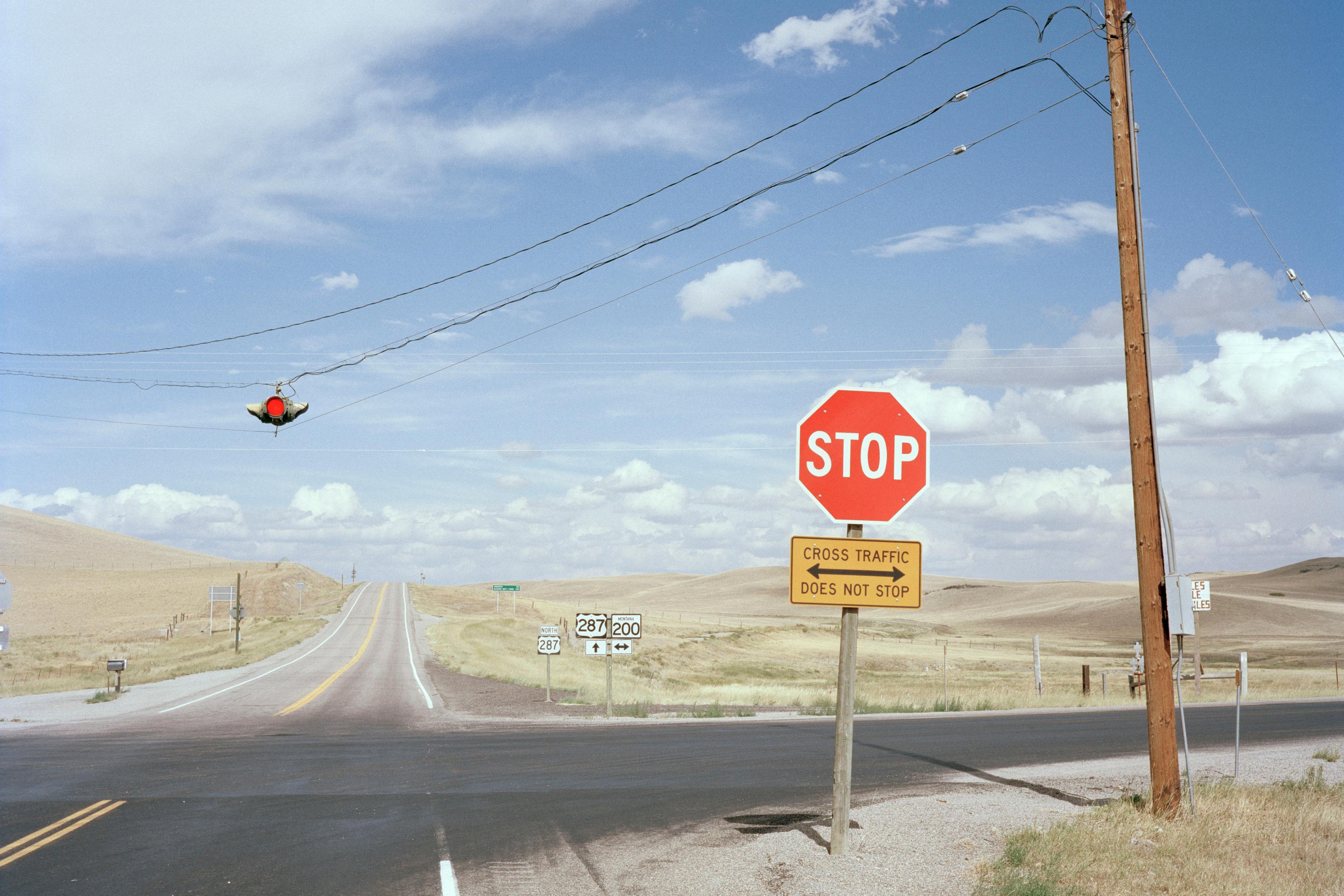We live in a paradoxical time: despite the proliferation of critical thinking courses in schools and universities, our public discourse has never been more dominated by inflexible certainties, tribal allegiances to dubious ‘facts’, and a profound aversion to questioning our own beliefs. In an age where certainty is currency, doubt has become a radical act.
Our social media ecosystems reward conviction, not contemplation. Politicians trumpet certainties rather than explore complexities. Even our educational institutions often teach critical thinking as a weapon to dismantle others’ arguments rather than a tool for examining our own. The skill we most desperately need is the very one we’ve neglected to cultivate: the ability to hold our own certainties in suspension.
What if doubt isn’t weakness but wisdom? What if the most intellectually courageous stance isn’t to plant your flag in the ground of conviction, but to embrace the productive discomfort of uncertainty? The ancient Greco-Romans, facing their own societal upheavals, developed sophisticated approaches to scepticism that might serve us better than our modern pretences to critical discourse.
The word ‘scepticism’ comes from the Greek skeptikos, meaning ‘enquirer’. In the ancient Greco-Roman world, there were at least four distinct approaches to scepticism, which I and my co-authors Gregory Lopez and Meredith Kunz explore in some detail in Beyond Stoicism: A Guide to the Good Life with Stoics, Skeptics, Epicureans, and Other Ancient Philosophers (2025). Let’s take a look at four representative philosophers whose way of thinking would very much be useful to us all-too-certain denizens of the 21st century.
Socrates’ approach: knowing what you don’t know
I myself know nothing, except just a little, enough to extract an argument from another man who is wise and to receive it fairly.
– Socrates, in Plato’s Theaetetus
Naturally, we begin with Socrates, the self-described gadfly of Athens, whom the Oracle of Apollo at Delphi characterised as the wisest man in all of Greece. Why was Socrates so wise? Because unlike many others, he knew that he didn’t know much.
We should expose our kids to the Socratic method, beginning as early as middle school
In a typical dialogue, Socrates begins by questioning some of his friends or acquaintances about a topic they, allegedly, know quite well. For instance, in the Laches dialogue, he says something along the lines of: ‘Laches, Nicias, you are generals, right? So surely you know what courage is. Let’s talk about it.’ It turns out that neither Laches nor Nicias are able to provide a satisfactory definition of courage. But that’s OK, because in the process both they and Socrates have arrived at a better understanding of the topic, by examining and in turn discarding a number of proposed answers. Many Socratic dialogues, including Laches, end in aporia, or confusion, precisely because Socrates nudges his interlocutors into realising that they don’t know as much as they initially thought. Such realisation may be confusing, but it is also the beginning of wisdom.
Today we still practise something that we refer to as ‘the Socratic method’, a dialogical approach fostering a collaborative search for truth, rather than an adversarial stance, like in a debate. Although the Socratic method is usually taught in philosophy departments and law schools, we should expose our kids to it, beginning as early as middle school. Imagine if we succeeded in raising a generation of people who think of themselves as wise because they are not sure of what they know. Pretty subversive, no?
Protagoras’ relativism
Whatever things seem to each city to be fine and just are so for that city, so long as it maintains them.
– Socrates explaining Protagoras’ position in Plato’s Theaetetus
According to Plato, who was Socrates’ student, the archenemies of truth and philosophy were the Sophists, a loosely defined group of itinerant teachers who, for a (usually hefty) fee were willing to teach people all sorts of things that may turn up useful in their lives, especially how to defend themselves in court, should a fellow citizen decide to sue them. They are, in a sense, the intellectual ancestors of lawyers.
Imagine if we were a bit more cognisant of our limitations and less cocky about knowing the Truth
One of the most famous of the Sophists was Protagoras of Abdera, who is often accused of having been a moral relativist. The quote above sure seems to support such an interpretation, since Protagoras is suggesting that what goes in Athens doesn’t go in Corinth and vice versa, so to speak. Strictly speaking, this is a factual observation about cultural variety within the human species, and doesn’t necessarily imply that any given opinion or custom is as good or acceptable as any other. But it certainly cautions us before jumping to conclusions about absolute rights and wrongs, an attitude that we could all benefit from, even today.
Protagoras, like Socrates, also professed ignorance, at least in matters in which he thought human knowledge had reached its limits. For instance, when asked whether the gods existed, he said: ‘Concerning the gods, I have no means of knowing whether they exist or not, nor of what sort they may be. Many things prevent knowledge, including the obscurity of the subject and the brevity of human life.’ Again, imagine if we were a bit more cognisant of our limitations and consequently less cocky about knowing the Truth. We would likely be more empathetic toward other people’s beliefs, as well as more open minded about the possibility that we may actually be wrong.
Cicero’s approximations to truth
We should not be too confident in our belief of anything.
– Cicero, Tusculan Disputations
Our third sceptical philosopher is Marcus Tullius Cicero, an orator, public advocate and statesman of the very late Roman Republican period (he was a childhood friend, and later enemy, of Julius Caesar).
Cicero belonged to what we now call the Sceptical Academy, but whose members referred to it as the New Academy. The name is that of the school founded by Plato around 387 BCE, and which lasted until the Byzantine emperor Justinian shut down all the philosophical schools in favour of Christianity in 529 CE. (The Renaissance humanist Marsilio Ficino symbolically reopened the Academy, with the support of the Medici family, in Florence in 1462.)
The Academic Sceptics reckoned that we humans get our knowledge, ultimately, from just two sources: our senses and our ability to reason. Trouble is, both are known to fail, at least from time to time. And, of course, we are not aware of the instances in which this happens, at least not immediately, which means that it is wiser not to make absolute pronouncements about Truth and to stick instead to provisional beliefs the strength of which are, ideally, calibrated to be proportional to the evidence we have to back them up.
Indeed, Cicero coined the word probabilis in Latin, from which we derive the concept of probability. While the Academic Sceptics did not develop a fully quantitative account of probabilities, they realised that they come in degrees. According to Cicero’s colleague in Athens, Carneades of Cyrene, we may be thinking that something is ‘apparently true’ (ie, we have only mild reasons to believe it), ‘convincingly true’ (more evidence), ‘undiverted’ (meaning that it doesn’t contradict anything else we know), or ‘thoroughly explored’ (the equivalent of modern scientific knowledge). The higher the stakes, the more you want to endorse only beliefs that lie toward the upper end of the Carneadean scale. Good advice.
Pyrrho’s peace of mind
The chief good is the suspension of the judgment, which tranquility of mind follows like its shadow.
– Pyrrho, in Diogenes Laërtius
The fourth sceptic who can teach us a thing or two is Pyrrho of Elis, a rather mysterious figure about whom we know because of later commentators, chief among them Sextus Empiricus, who wrote an influential book entitled Outlines of Pyrrhonism.
Pyrrho’s goal was to achieve ataraxia, that is, tranquillity of mind (the same life goal as the Epicureans, but that’s another story, which my co-authors and I tell in Beyond Stoicism). He figured that, in order to do that we should practise epoche, the suspension of judgment about all sorts of things that are ‘not evident’, like metaphysical questions (Does God exist?), political issues (Should I support this or that candidate?), or even which sports team to root for.
Does God exist? Write down your best defence of the affirmative position, take a break, then write your best defence of the negative position
Why? Because when we are too attached to certain opinions, we come to identify with them, so that we take any challenge to such opinions as a personal affront, as undermining our identity. Consequently, we get upset, and out the window goes our ataraxia.
The Pyrrhonists came up with a number of tricks to practise epoche, some of which were shared by the Academic Sceptics, the Sophists, and even Socrates. Chief among these practices was the habit of arguing both in favour and against a given notion, with the goal of generating self-doubt. For instance, does God exist? Try to write down your best defence of the affirmative position, take a break, then write your best defence of the negative position. The more you do this, the less sure you will be of whatever answer you were initially confidently inclined to give. (This works, according to pretty good empirical evidence from modern research in pedagogy.)
So now you have four good reasons to be a sceptic. Socrates emphasises the benefits of understanding how little you know; Protagoras reminds us that different perspectives have different uses and that there’s no ‘view from nowhere’; Cicero encourages us to put more effort into knowing the important things and being comfortable with doubt for less important ones; and Pyrrho argues that suspending judgment actually brings peace of mind. I’m betting (with confidence, but not certainty!) that if we all tried these approaches ours would be a significantly better world to live in.
